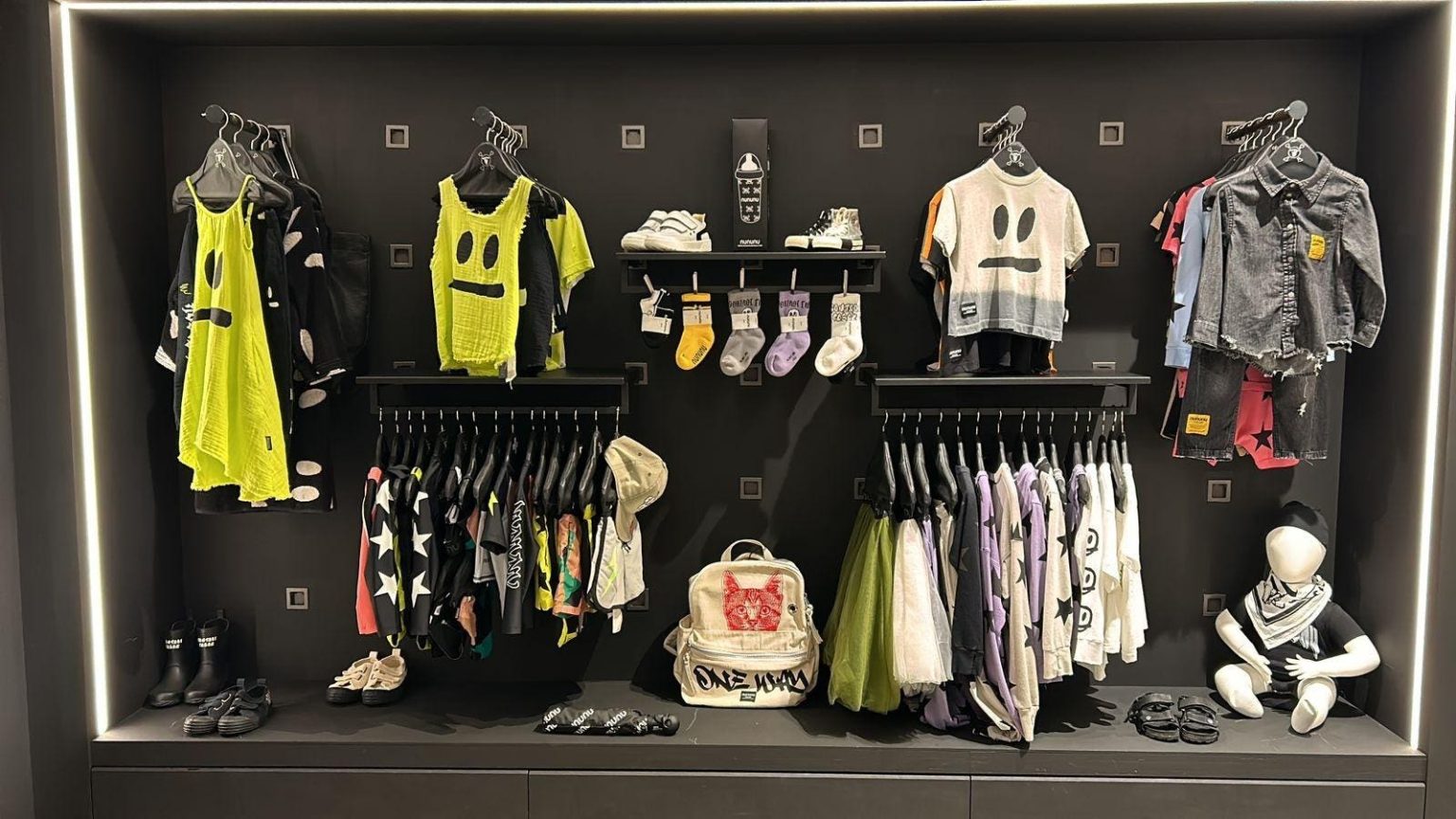In an era where e-commerce continues to dominate, businesses are defying conventional wisdom and embarking on a reversed retail journey, thereby creating a new trend at the same time. For many brands, the typical trajectory involves opening physical stores before expanding into the online market. However, nununu, a children apparel company, has turned this model on its head. By establishing a strong online presence before launching a flagship store on Madison Avenue in Manhattan, this innovative children’s fashion brand offers a fresh perspective on modern retail strategy.
Going From Online to Brick-and-Mortar
Founded 16 years ago by Iris Adler and Tali Milchberg, nununu sought to break free from the clichés of children’s apparel through minimalist, gender-neutral designs. Thanks to its innovative approach, the brand quickly gained traction, especially among US-based celebrities. Leveraging the power of e-commerce, the brand quickly attracted a global audience and established a loyal customer base without the burden of maintaining a physical space.
“Starting online gave us the flexibility to scale operations and adapt to market trends without the hefty costs associated with a brick-and-mortar store,” Adler notes. ”The ability to operate 24/7 and reach customers across different time zones significantly boosted the brand’s market reach and visibility.”
Despite the success of their online platform, they also understand the unique advantages of having a physical presence. “A physical store serves as an ambassador,” says Milchberg. “It allows customers to experience our products with all five senses, creating a deeper connection with the brand’s values and identity.”
The strategic decision to open a flagship store on Madison Avenue was based on both branding and financial considerations. As digital advertising costs soared, they saw an opportunity to enhance customer engagement through direct, in-person interactions. “The store isn’t just a retail space; it’s a holistic, immersive brand experience that meets our customers’ evolving expectations,” Adler adds. “When customers step into the store, they embark on a sensory journey. The soft feel and quality of the fabrics, the distinct aroma of the store, and the welcoming ambiance all contribute to a memorable and impactful environment.”
The store also serves as a community hub where events are hosted, providing a space for customers to connect. “This approach not only strengthens customer relationships but also fosters a loyal, engaged customer base.”
Balancing Digital and Physical Channels
The business strategy that the brand’s founders have implemented exemplifies the benefits of an integrated retail approach, from both brand and marketing perspectives. “While our online channels offer scalability and global reach, our physical store provides a tangible brand experience that strengthens customer loyalty,” Adler explains. “The insights gained from both spaces inform a cohesive and effective marketing strategy, resulting in an omnichannel experience.”
Reflecting on their journey, Adler and Milchberg are conscious of the pros and cons of their approach. “Starting online allowed us to minimize the initial investment and scale operations appropriately,” they say. “The ability to collect valuable customer data and personalize marketing efforts were significant advantages. However, the competitive nature of the online market required substantial investment in digital advertising and SEO.”
On the flip side, the physical store offers unique benefits. “A physical location enhances brand visibility and provides an immersive brand experience,” says Adler. A tactile interaction with a product fosters trust and confidence, while personalized customer service and community engagement build long-term loyalty. Nonetheless, maintaining a physical store involves higher operational costs and the challenge of attracting constant foot traffic.
A Trailblazing Alternative Path for Modern Retail
nununu’s journey from online success to a flagship store in NYC offers a compelling case study in modern retail strategies. By leveraging the strengths of both digital and physical channels, the brand has created a resilient, customer-centric business model.
This innovative approach underscores the importance of adaptability and customer engagement in today’s retail landscape. As the company’s co-founders continue to redefine retail norms, emphasizing the need to balance digital opportunities with the power of physical engagement, their story provides an inspiring blueprint for other brands who are also navigating the complex modern market.
Read the full article here





